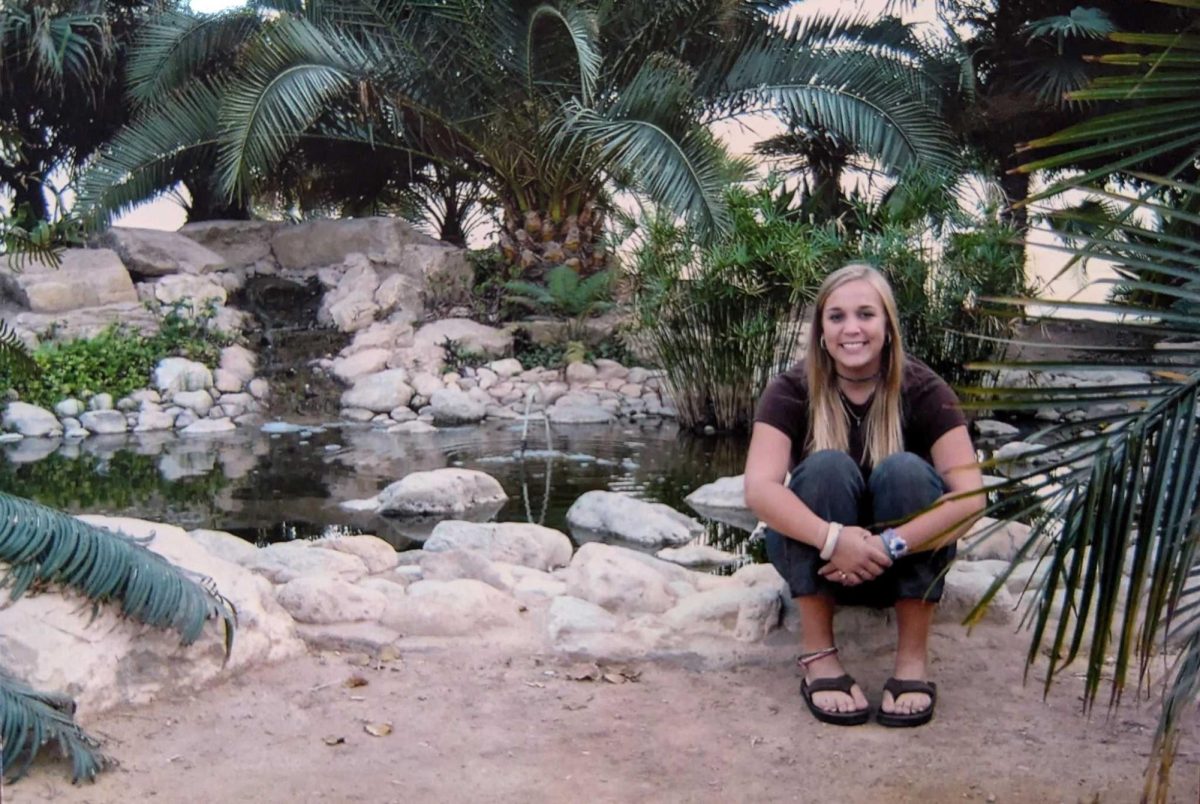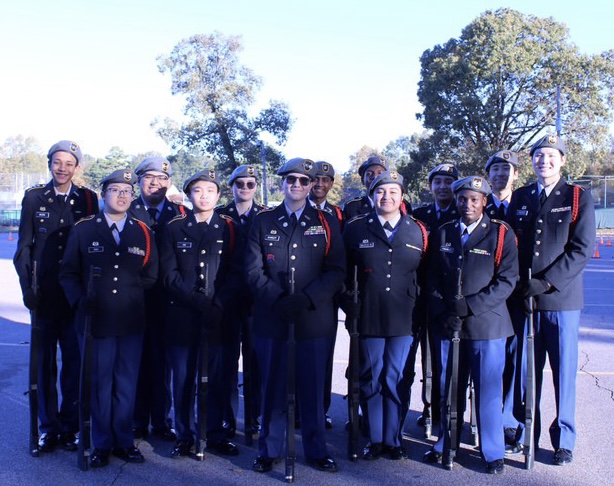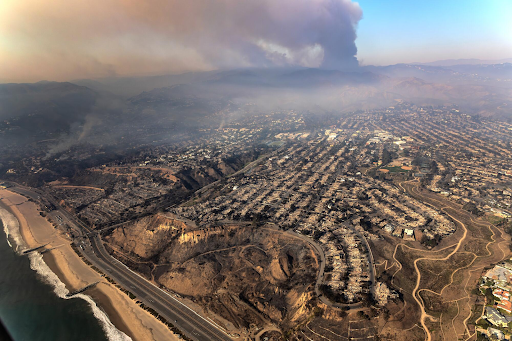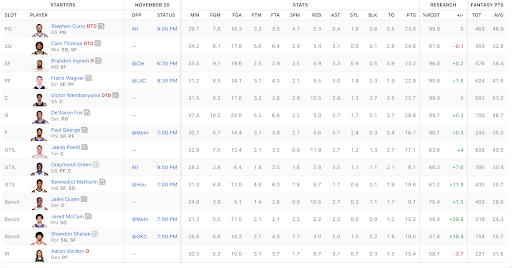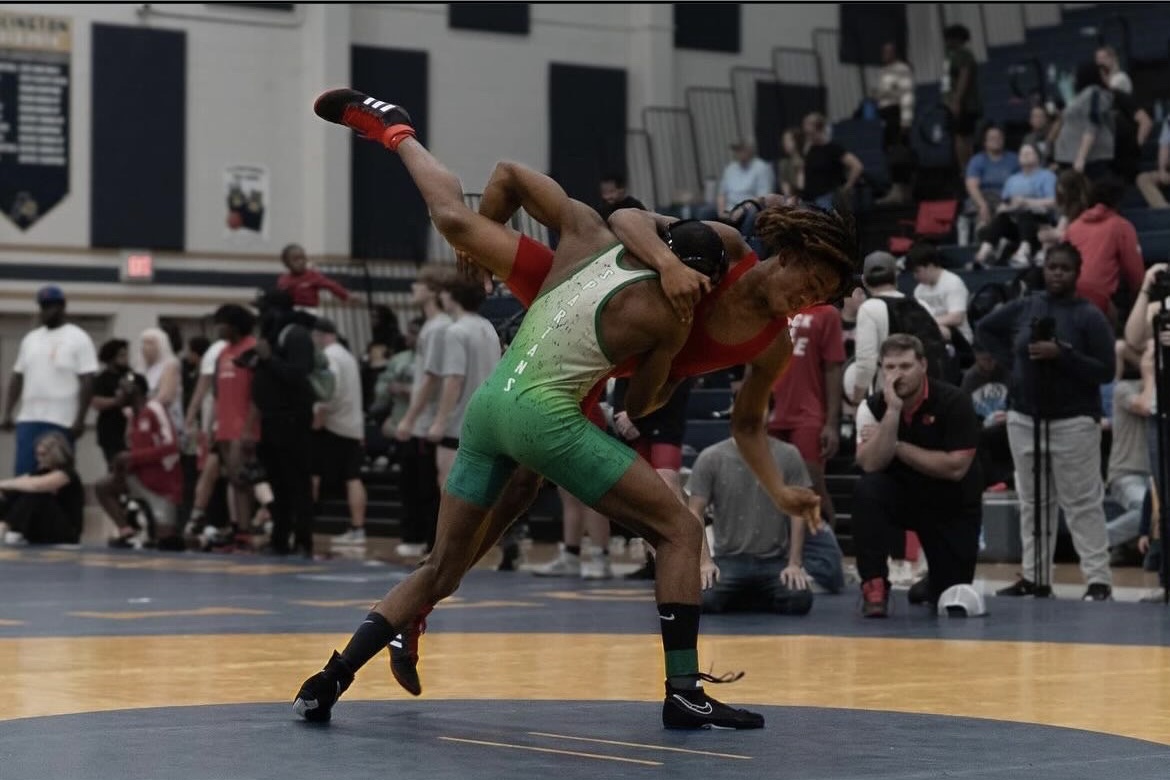Fasting, an age-old practice, is voluntarily abstaining from food and beverages for a predetermined period. From unlocking physical rejuvenation and mental clarity to navigating the balance of nutritional deprivation, fasting has solidified into modern and ancient cultures, shaping religious observances, health regimens and personal journeys of endurance.
Believers of the Catholic faith fast for Lent, a forty-day season of prayer which is seen as a period of repentance, self-examination, and preparation for Easter which emphasizes sacrifice and spiritual renewal. Other religions like Judaism, Islam, Hinduism, Buddhism, and Sikhism also have fasting practices tied to specific holy days, observances, or rites of passage. The Islamic religion, Islam has a holy month called Ramadan where Muslims fast from sunrise to sunset.
“So as Muslims, we have to fast one month out of the year called Ramadan,” Saphe Khader (11) said. “And also, it’s something called Sunnah, which is a recommendation in Islam to fast [on] Mondays and Thursdays. So, I fast on Mondays and Thursdays too.”
Fasting is also prevalent in sports. One of the biggest things in wrestling culture is the fasting aspect of the sport, where wrestlers abstain from food and drink to cut egregious amounts of weight to remain the most competitive.
“Before you get into a match, your weight is your worst enemy,” Braxton Gray (12) said. “Your weight is the opponent you need to take down. Then you can move on to the match. If you can’t get past your weight, you don’t wrestle.”
Cutting great amounts of weight has its consequences, however. Facing temptation from all those surrounding oneself, one will have to deal with stress and pain while striving to achieve their goal.
“You’re burning all day,” Gray said. “When you go home, you’re tempted with so much food. You’re tempted by so many beverages. And you just gotta stay self-disciplined. You see kids eating whatever they want at lunch and It doesn’t matter because you can’t eat any of it. You know that in the back of your head, you can’t drink or eat any of that because of all the hard work it took for you to lose.”
When fasting, an athlete has to push themselves to their limit while still hungry and thirsty. Without calories or water to replenish themselves, the athlete has no resources for their body to recover.
“My muscles [get] tired more easily,” Gray said. “And so basically what that feels like is you need food, not only to have energy but to recover as well. And when you’re wrestling, the whole point is throwing people and getting thrown. You wanna be a good partner for your teammate. And when you’re doing all that and not eating, your muscles have no time to recover because you have no food or water. Not recovering, you’re going to feel the spasms that I was getting. I was getting muscle spasms that would last all day. When fasting a student not only may experience physical burnout but also has to balance their academic responsibilities. Even during important moments like standardized testing or a big test that could make or break their grade, many continue to adhere to the discipline of fasting due to their religious beliefs.
“You can’t drink water when you’re fasting so like, I’ve had to do TCAP testing in middle school so no, I can’t drink, I can’t eat anything,” Khader said. “It really lowers your motivation to work, and it could impact your score greatly.”
Many athletes and religious fasters may ask if fasting is worth it. An argument by some emphasizes the mental toughness and discipline brought by fasting
“I feel like it mentally just prepared me,” Gray said. “It taught me self-discipline and perseverance, and how to always be adaptive. It gives me a badge of honor knowing that I’ve done all I could to not only, not only prepare to wrestle, but you know, just to be on the mat.”
Yet, those who fast can not deny the stress and pressure from fasting. The effects on one’s mental health are valid points against the practicality of the difficult, yet rewarding practice.
“Sometimes I didn’t really feel like myself like I couldn’t really do what I could do,” Marco Villa (11) said. “Like I didn’t have enough energy and I was tired.”







